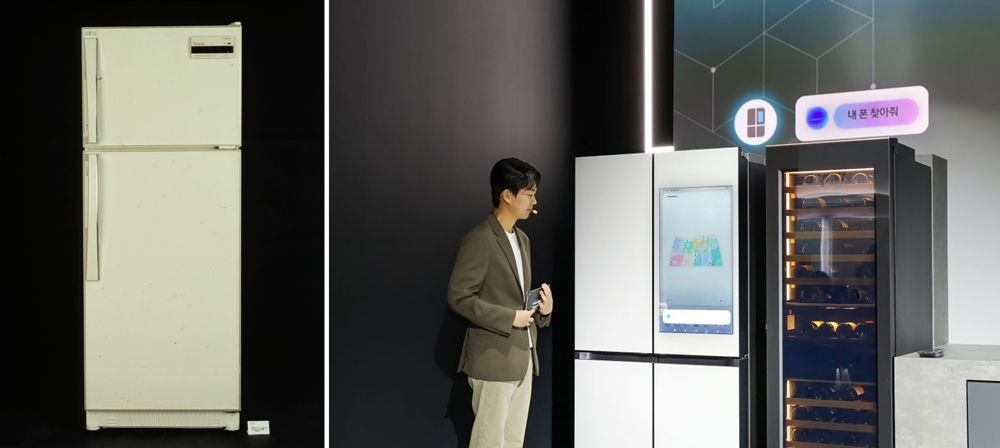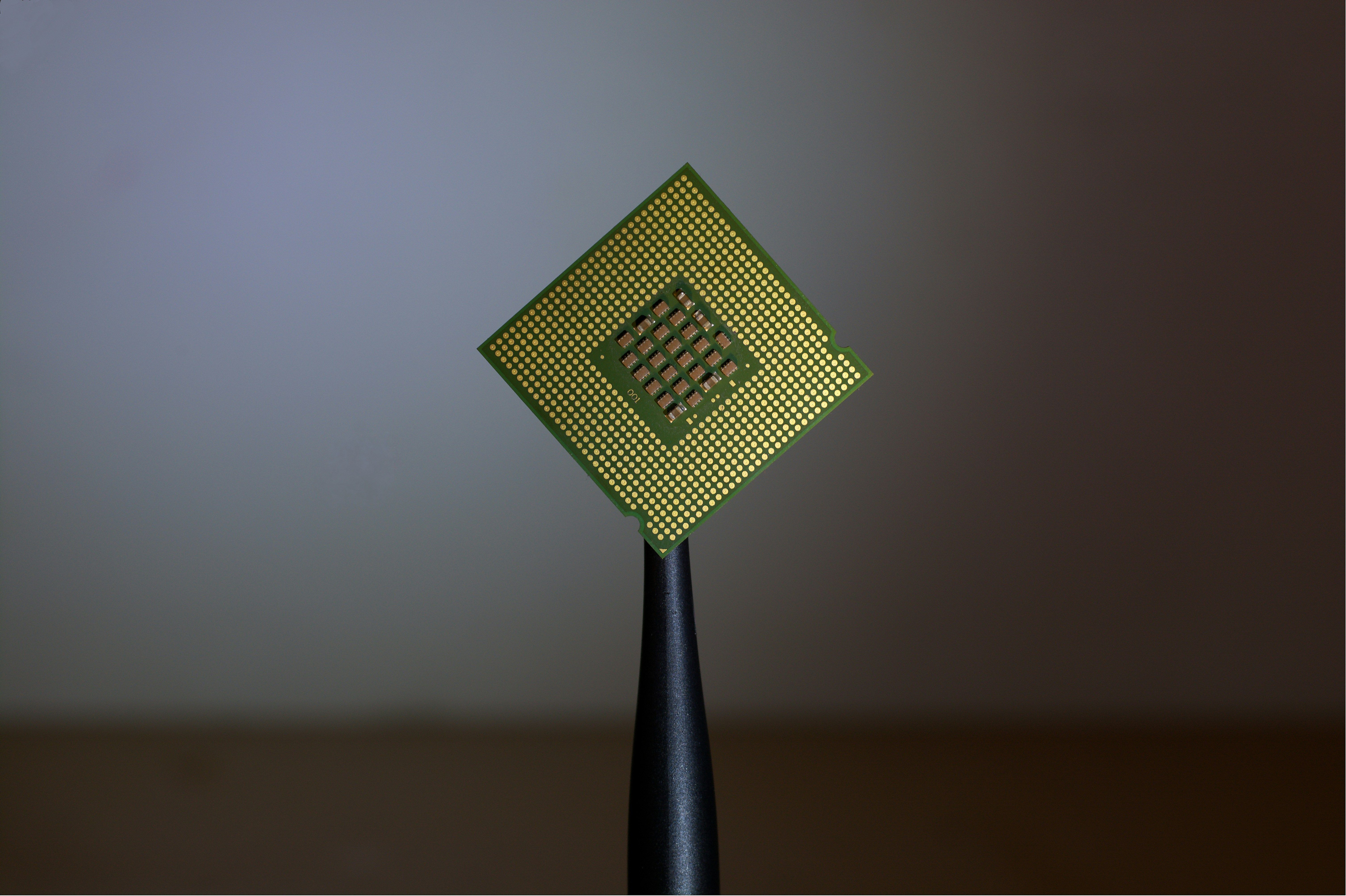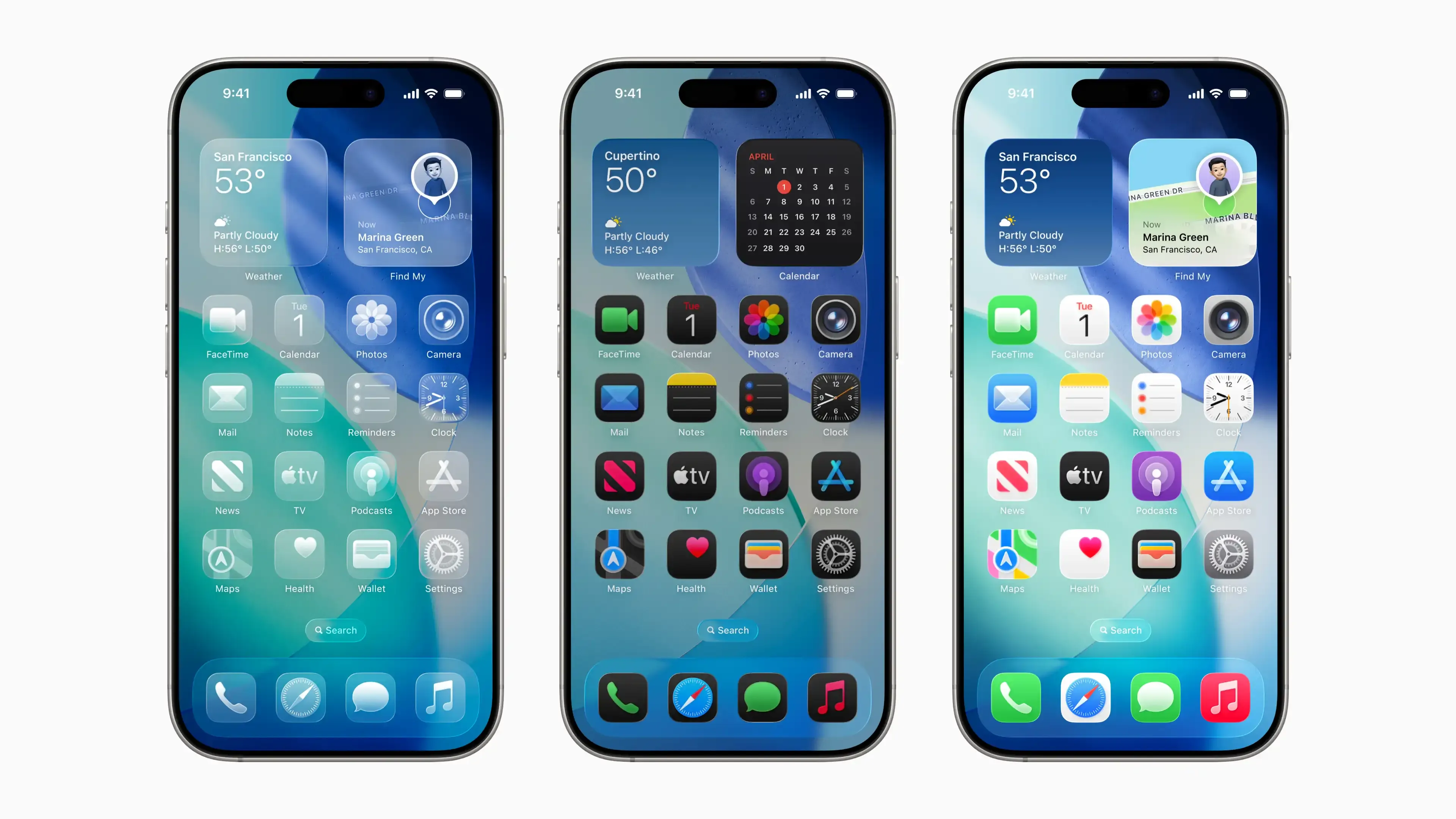Samsung is redefining smart homes at IFA 2025, showcasing four decades of appliance innovation that began with talking refrigerators in 1985 and now culminates in its comprehensive Bespoke AI ecosystem. The tech giant's "AI Home: Future Living, Now" exhibit demonstrates how voice-enabled appliances, intelligent screens, and machine learning have transformed everyday household tasks into personalized experiences that adapt to individual users.
Samsung just turned IFA 2025 into a time machine, tracing a remarkable 40-year journey from novelty talking refrigerators to today's AI-powered smart homes. The South Korean tech giant's comprehensive "AI Home: Future Living, Now" exhibition, running September 5-9 in Berlin, isn't just another product showcase — it's a strategic positioning move that highlights how Samsung pioneered concepts that competitors are only now catching up to. The company's evolution story begins in 1985 when Samsung introduced its groundbreaking Talking Refrigerator, a product that seemed like science fiction but laid the groundwork for today's voice-controlled smart homes. Enhanced with speech synthesis technology by 1989, this early innovation offered scheduled playback, family memos, and door-open alerts — features that established the foundation for modern AI-enabled voice interaction throughout the home. This prescient vision eventually materialized into Bixby, Samsung's comprehensive AI voice assistant launched in 2018. Today, Bixby serves as the central intelligence hub across Samsung's entire appliance ecosystem, enabling seamless voice control for refrigerators, air conditioners, washing machines, and more. The platform's Voice ID technology now recognizes up to six individual users, delivering personalized information and settings based on who's speaking. Samsung's screen-first approach also predates the industry's current obsession with connected displays. Back in 1982, the company introduced a multi-purpose microwave equipped with a screen that allowed users to check cooking instructions, watch TV, and even monitor home security through surveillance camera functions. This concept evolved into the revolutionary Family Hub refrigerator launched in 2016, featuring a 21.5-inch touchscreen and internal cameras that transformed kitchen appliances from simple storage units into the nerve center of family life. The SmartThings ecosystem now connects these screen-enabled appliances, creating unified control hubs that manage entire smart home networks at a glance. Behind the scenes, Samsung's intelligence evolution tells an equally compelling story. The company's first step toward truly smart appliances began in 1980 with an air conditioner embedded with a microcomputer chip. This foundation enabled the 1991 launch of the Neuro-Fuzzy washing machine, which featured fuzzy logic integrated circuits and neuro-algorithms that could detect soil levels, load sizes, and water temperature to automatically optimize wash cycles. "Based on Samsung's legacy of innovation, we will continue to deliver greater convenience and value in users' daily lives," . "By setting a new standard for personalized AI Home experiences, we aim to further solidify the idea that 'Samsung = AI appliances.'" The QuickDrive washing machine, launched in 2018, marked Samsung's transition into AI-powered curation, using machine learning to recommend optimal wash cycles based on fabric type, color, and soil level. This innovation directly led to today's Bespoke AI Laundry Combo, equipped with OptiWash and AI Optimal Dry technologies that automatically detect fabric types and soil levels to deliver precisely calibrated wash cycles and drying temperatures. Samsung's robotics journey began with the 2006 Hauzen robot vacuum, which used gyro sensors to calculate distances and angles for optimal cleaning routes through self-mapping capabilities. The current Bespoke Jet Bot Combo builds on this legacy with advanced AI-powered camera sensors that recognize and avoid objects while distinguishing between different floor types for more intelligent navigation. At IFA 2025, Samsung's booth represents more than just a product launch — it's a declaration of technological sovereignty in the smart home space. While competitors scramble to integrate AI capabilities into existing products, Samsung can point to decades of systematic innovation that positioned the company ahead of current market trends. The timing couldn't be more strategic, as European consumers increasingly prioritize energy efficiency and home automation solutions.










